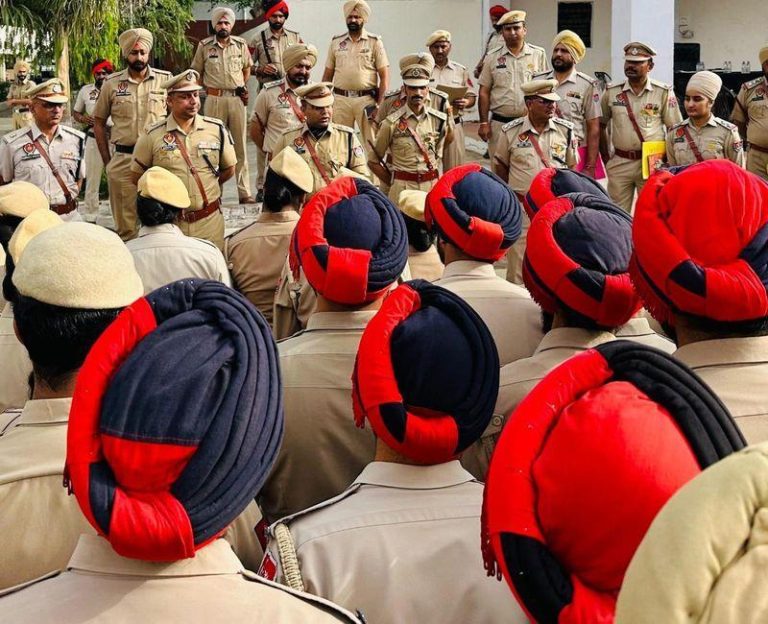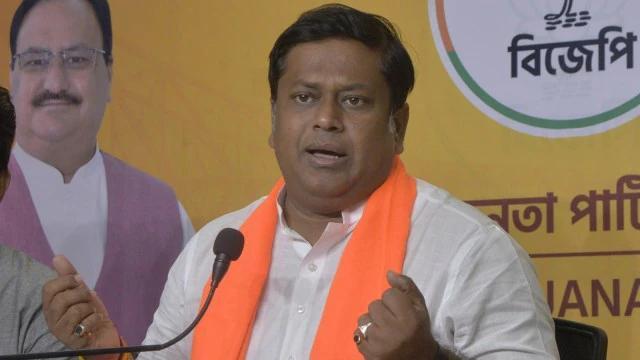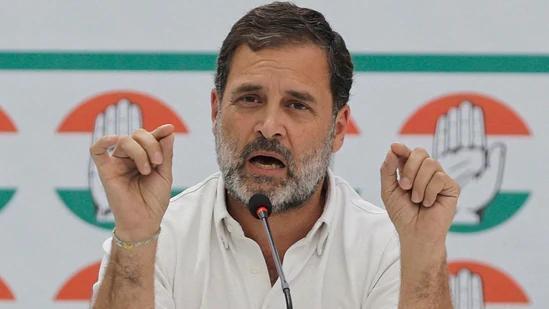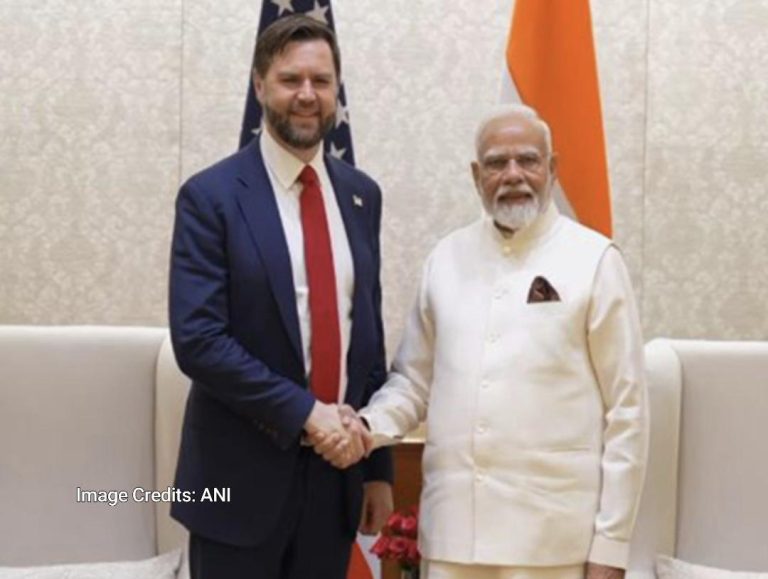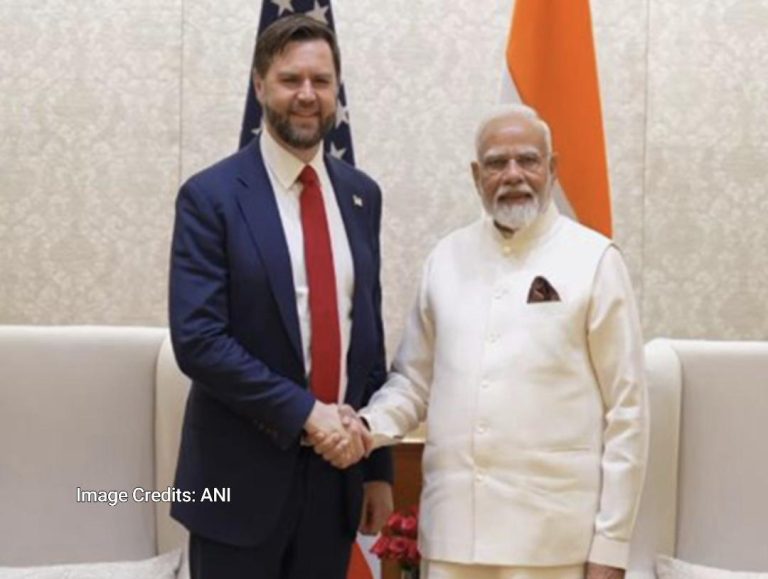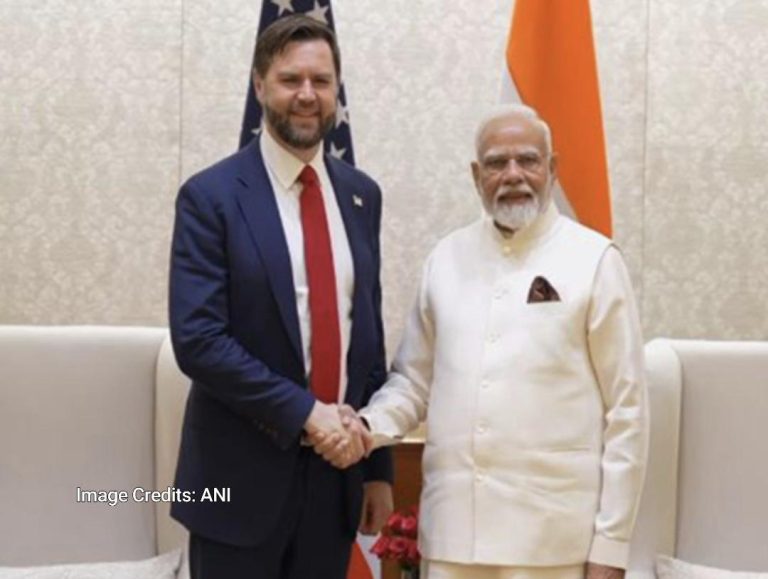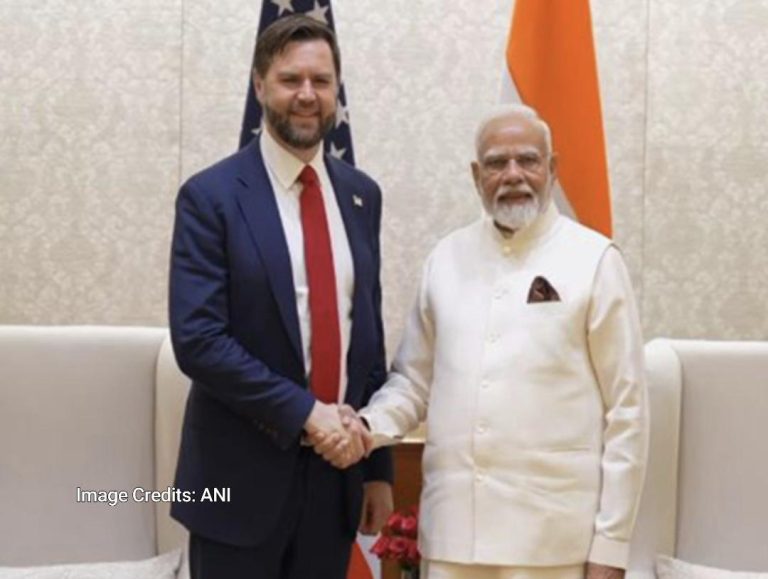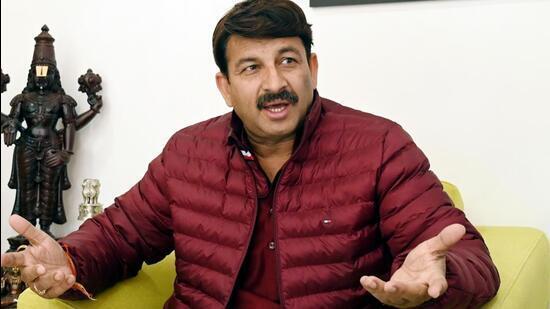
RJD Should End Alliance with Those Opposing Hindi: BJP’s Manoj
The debate around the importance of Hindi as a national language has been raging on for years, with some parties and individuals advocating for its promotion and others opposing it. Recently, BJP leader Manoj Tiwari sparked a controversy by stating that the Rashtriya Janata Dal (RJD) should end its alliance with the Dravida Munnetra Kazhagam (DMK) party, which is led by Tamil Nadu Chief Minister MK Stalin, over the latter’s opposition to Hindi.
Tiwari’s comments were made in the context of the ongoing debate around the importance of Hindi in India. While some sections of society argue that Hindi should be promoted as a national language, others claim that it is a threat to regional languages and cultures. The DMK, led by MK Stalin, has been a vocal opponent of Hindi and has even gone to the extent of demanding that it be made a “foreign language” in India.
Tiwari’s statement was made in response to the DMK’s opposition to the promotion of Hindi in India. The DMK has been critical of the BJP’s efforts to promote Hindi as a national language, arguing that it is a threat to the diversity of languages and cultures in India. Tensions between the two parties have been simmering for some time, with the DMK accusing the BJP of trying to impose Hindi on the rest of the country.
Tiwari’s statement was seen as a direct attack on the DMK and its leader MK Stalin. He argued that the RJD’s alliance with the DMK was a “betrayal” of the people of Bihar, who are primarily Hindi-speaking. He also accused the DMK of trying to divide the country along linguistic lines.
The controversy has sparked a heated debate around the importance of Hindi in India. While some argue that Hindi is an important language that should be promoted as a national language, others claim that it is a threat to regional languages and cultures.
The debate around Hindi in India is complex and contentious. On the one hand, some argue that Hindi is an important language that has the potential to unite the country. They argue that Hindi is the most widely spoken language in India, and that promoting it as a national language would help to bridge the gap between different regions and communities.
On the other hand, others argue that Hindi is a threat to regional languages and cultures. They argue that Hindi is a language that is primarily spoken in the Hindi-speaking belt in northern India, and that promoting it as a national language would be a threat to the diversity of languages and cultures in India.
The controversy has also sparked a debate around the role of English in India. Some argue that English should be the second language in India, while others claim that regional languages should take precedence.
Tiwari’s statement has also sparked a debate around the role of regional languages in India. He argued that regional languages should have primacy over Hindi, and that English should not be the second language in India.
The debate around Hindi in India is complex and contentious, and it is unlikely to be resolved anytime soon. However, it is clear that the issue is a sensitive one that has the potential to divide the country along linguistic lines.
In conclusion, the controversy around Hindi in India is a complex and contentious one that has the potential to divide the country along linguistic lines. While some argue that Hindi is an important language that should be promoted as a national language, others claim that it is a threat to regional languages and cultures. The debate is likely to continue, and it is up to the people of India to decide what role Hindi should play in the country’s language landscape.
